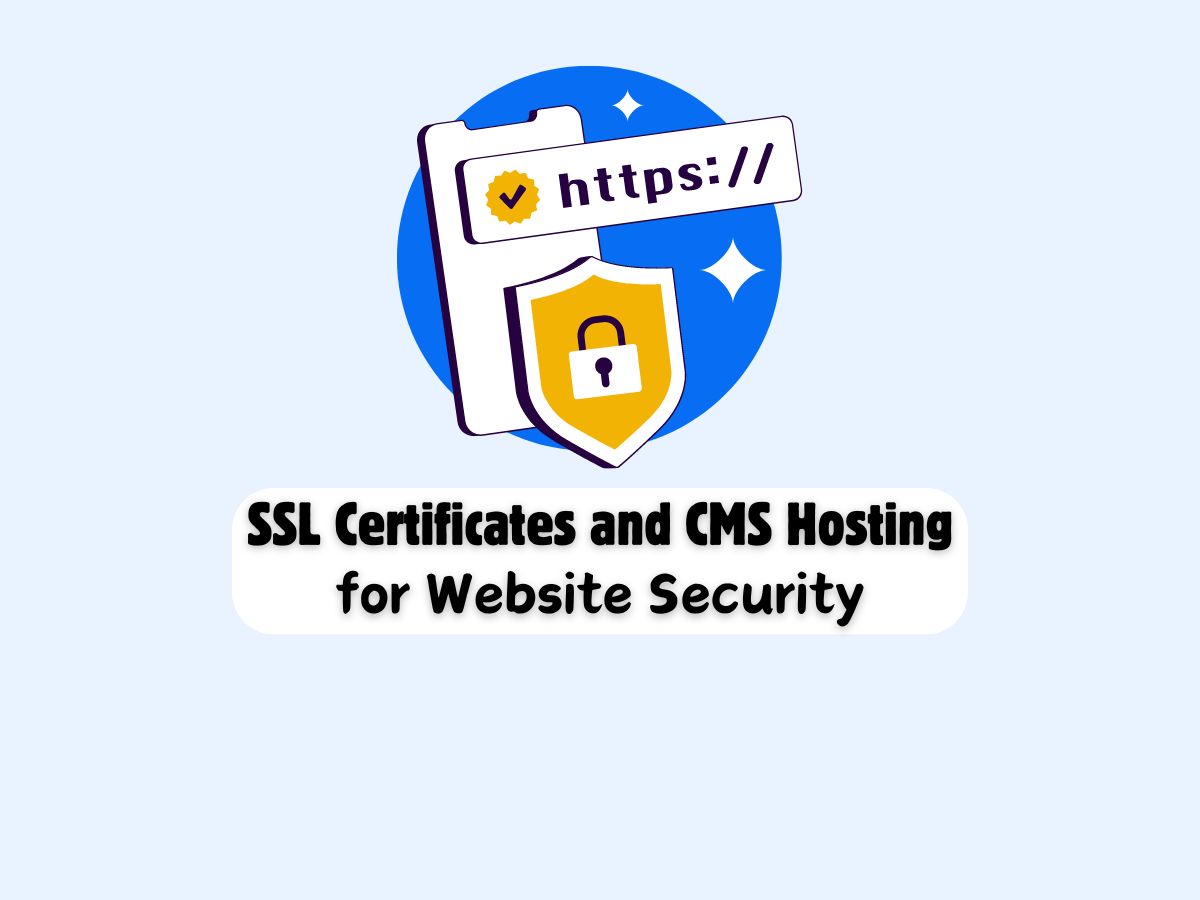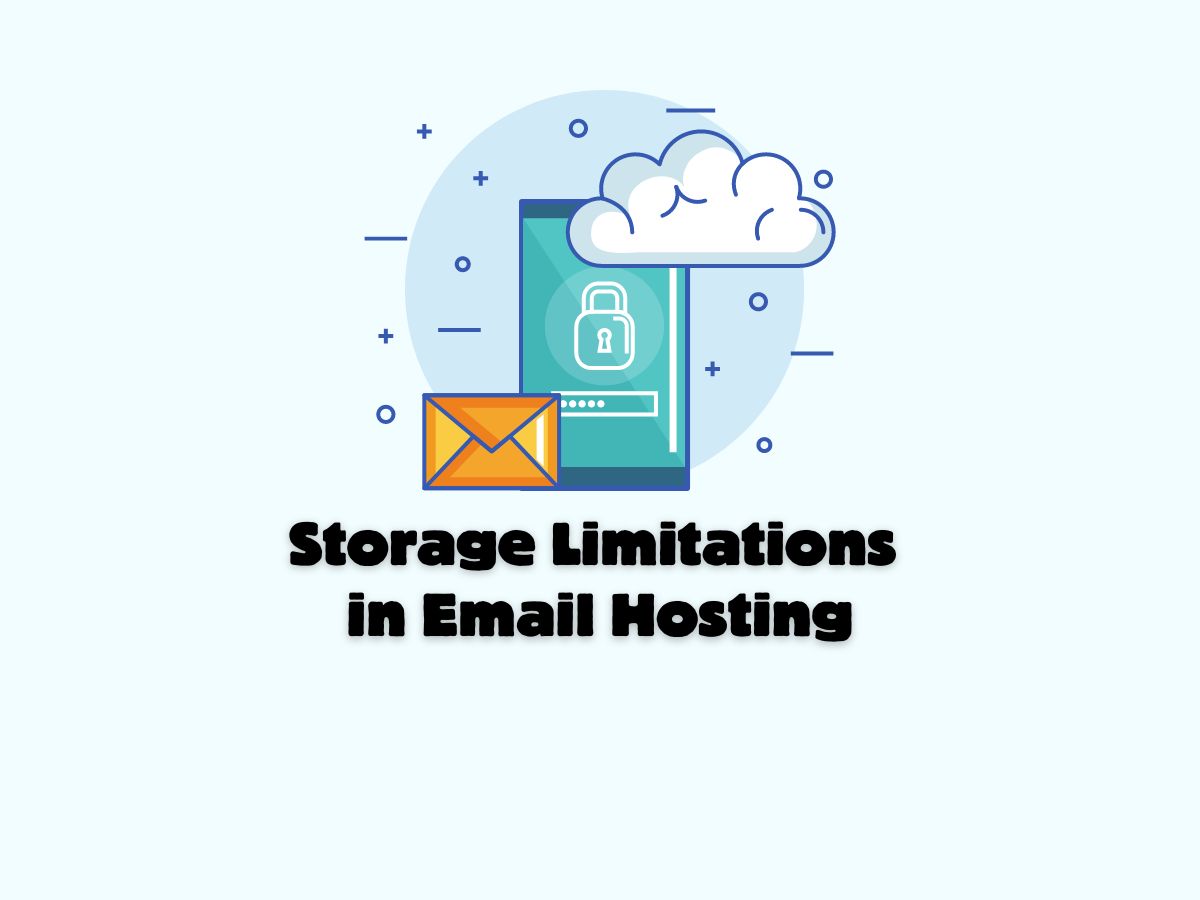
SSL Certificates and CMS Hosting: Enhancing Website Security
In the digital age, ensuring the security of your website is paramount. Cyber threats and data breaches are on the rise, making it imperative for website owners to take proactive measures to protect their users’ sensitive information. One crucial component of website security is SSL (Secure Sockets Layer) certificates, especially when paired with CMS (Content Management System) hosting platforms. Let’s explore how SSL certificates and CMS hosting work together to enhance website security.
Understanding SSL Certificates
SSL certificates are small data files that digitally bind a cryptographic key to an organization’s details. When installed on a web server, they activate the padlock icon and the HTTPS protocol, indicating a secure connection between the user’s browser and the web server. SSL certificates encrypt data transferred between the user’s browser and the server, preventing unauthorized access or tampering by unwanted third parties.
Benefits of SSL Certificates:
1. Data Encryption: SSL certificates encrypt sensitive data, such as login credentials, credit card information, and personal details, ensuring that it remains secure during transmission.
2. Trust and Credibility: Websites with SSL certificates display trust indicators such as the padlock icon and HTTPS in the address bar, instilling confidence in visitors and improving credibility.
3. SEO Ranking: Search engines like Google prioritize websites with HTTPS in their rankings, making SSL certificates essential for improving search engine visibility and driving organic traffic.
Role of CMS Hosting Platforms
CMS hosting platforms provide the infrastructure and support needed to run websites powered by popular content management systems such as WordPress, Joomla, Drupal, and Magento. These platforms offer a range of features and services tailored to the specific requirements of CMS-based websites, including:
1. Automatic Updates: CMS hosting platforms often include automatic updates for the CMS core, themes, and plugins/extensions, ensuring that the website remains secure and up-to-date with the latest security patches.
2. Security Features: Many CMS hosting providers implement robust security measures such as firewalls, harmful applications scanning, and intrusion detection systems to protect websites from cyber threats and unauthorized access.
3. Performance Optimization: CMS hosting platforms optimize server configurations and caching mechanisms to improve website performance, ensuring fast loading times and smooth user experiences.
Enhancing Website Security with SSL Certificates and CMS Hosting
Combining SSL certificates with CMS hosting builds strong security. It protects websites from various threats. Here’s how SSL certificates and CMS work together to enhance website security:
1. Secure Data Transmission: SSL certificates encrypt data between the user’s browser and server. This protects sensitive information from interception or tampering.
2. Secure Admin Access: This platforms offer secure login and authentication protocols to protect admin access. This prevents unauthorized users from compromising the site.
3. Secure Payment Transactions: For e-commerce sites, SSL certificates secure payment transactions by encrypting credit card details. This builds customer trust and reduces fraud risk.
4. Protection Against Phishing Attacks: SSL certificates reduce phishing risks by verifying the website’s identity and showing trust indicators. This helps prevent users from falling for fraudulent sites.
5. SEO Benefits: Websites with SSL certificates rank higher in search results, boosting visibility and organic traffic. This helps businesses attract more visitors and customers.
In conclusion, SSL certificates and CMS hosting platforms play complementary roles in enhancing website security. SSL certificates and CMS hosting secure data, protect admin access, secure payments, prevent phishing, and boost SEO. Together, they create a safe, trustworthy online environment. Investing in SSL certificates and selecting a reputable CMS hosting provider are crucial for protecting your website from cyber threats. These steps also ensure a positive user experience.







